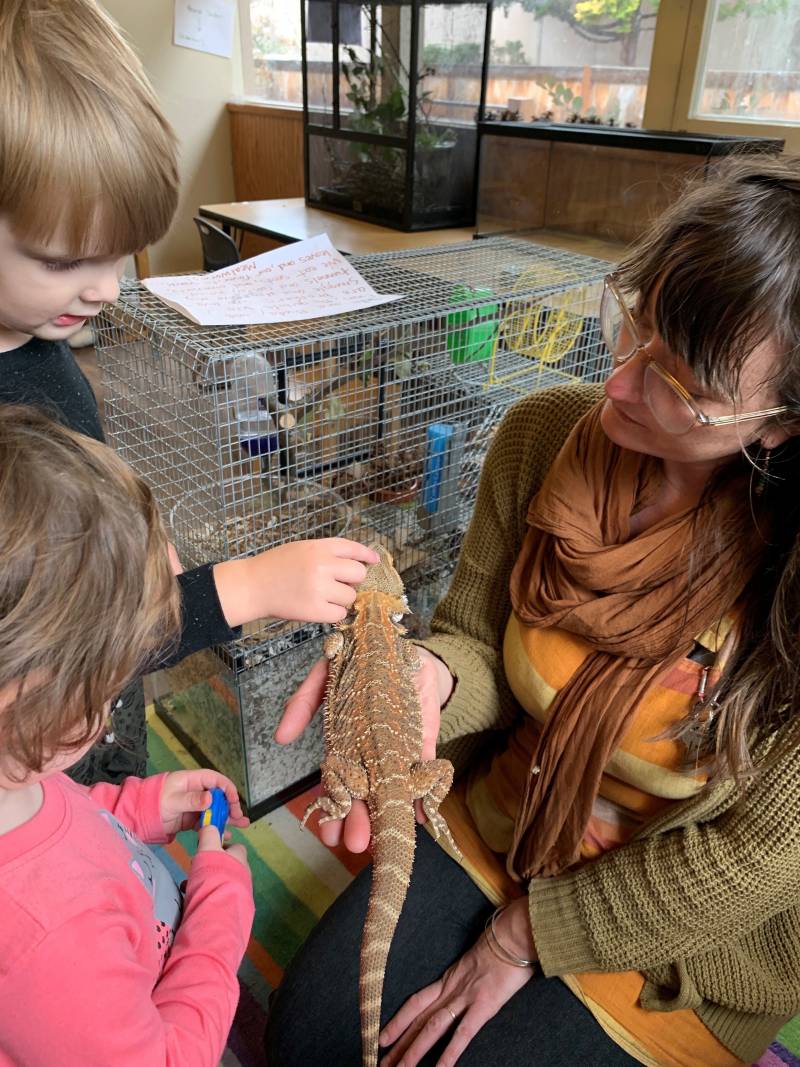Lainy Morse is an essential worker who has been out of work since the middle of March.
She teaches preschool and ordinarily provides a vital service for working parents.
"Without us, moms [mostly] can't go back to work," Morse says.
The Portland, Ore., school where she works is temporarily closed but may reopen as an emergency child care center. Morse dreads the idea of going back to a classroom filled with 2-year-olds who don't understand hand-washing, let alone social distancing.
"They always have snotty faces," Morse says kindly, noting that many of her students also spend time with elderly grandparents. "It just feels like an epicenter for spreading disease. And it feels really scary to go back to that."



9(MDAxOTAwOTE4MDEyMTkxMDAzNjczZDljZA004))